It's a fantastic workout, too. Hiking helps build endurance, enhance balance, and strengthen the legs.
Understanding trail dangers and environmental issues is also crucial. For example, learning to recognise poison ivy can ultimately spare you a great deal of suffering.
Security
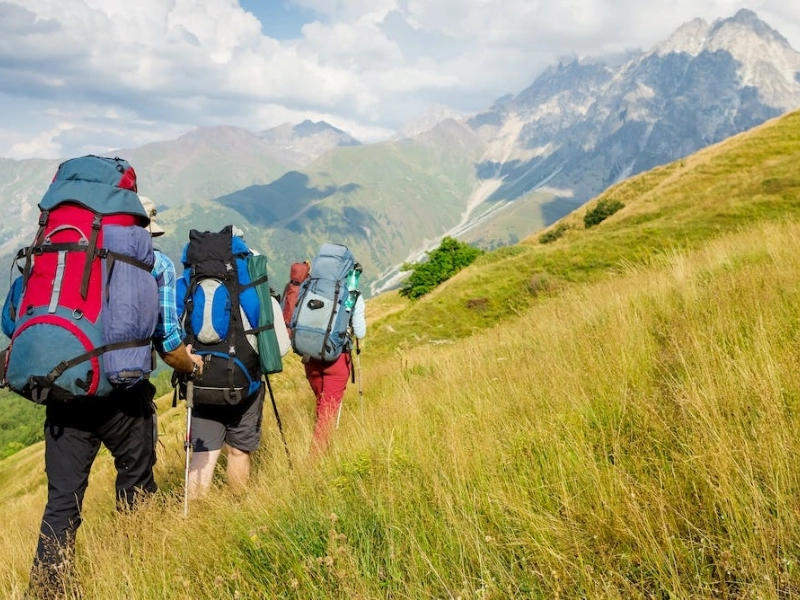
Spending time in nature and enhancing your fitness can be achieved through hiking. To avoid disease and harm, it is crucial to take safety measures.
Putting on trail-appropriate footwear is the first step towards safety. You may avoid blisters and safeguard your feet from injury by wearing hiking shoes with adequate support. On lengthy hikes, you should also avoid using headphones, as they can block out trail sounds like birdsong and a bear's agitated snort.
Hiking with friends or hiking partners is a great way to share the responsibility for self-care and to support one another in case of emergency. Along with these skills, you should be able to prepare meals, erect a tent or hammock, and safely go off-trail. Finally, to reduce your environmental influence, you should be aware of the Leave No Trace philosophy.
Tools
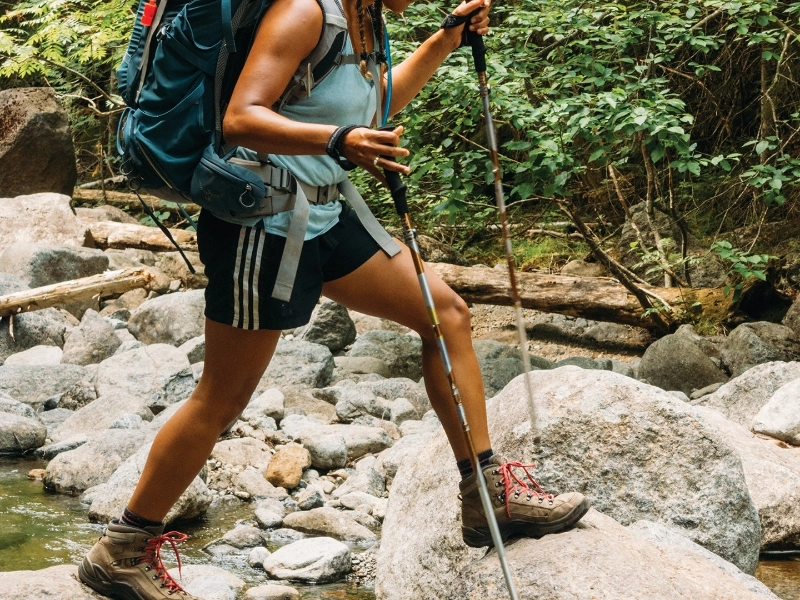
You need the appropriate gear to be ready for any situation that may arise when hiking, whether you're doing it alone or with buddies. Hiking boots and apparel should be of high quality. In addition, a water bottle or bladder, trekking poles, and a backpack are required. Long-distance hikers and those who choose to spend the night in the bush will require extra equipment, like a tent, sleeping bag, and camp stove.
Hikers who are new to the sport can greatly benefit from using a hiking guidebook or online to learn about various trail conditions. Speaking with locals is also a fantastic way to learn about expectations from folks who trek the region frequently about what to expect on the trail.
Hiking is an excellent method to enhance your proprioception, or the brain's ability to detect where your body is in relation to space, and to develop your balance. In addition to burning calories, it can decrease blood pressure and cholesterol. If you're a novice, begin by escalating the distance and challenge of your hikes gradually.
Organising

Make sure you check your equipment list twice before leaving. By doing this, you'll be able to avoid running out of food, water, or other supplies mid-hike. It's also crucial to look up the local weather prediction. If you're not weather-prepared, hiking can be risky.
Make sure you heed any trail signage. Usually, they are there to keep you, the animals, and the environment safe. In order to reduce revegetation, they may require you to stay on the trail or issue warnings about potential hazards, including bears, cougars, and snakes.
Make sure your hiking companions are aware of your destination and expected return time. In case something goes wrong while you're on the route, this can assist your friends or family in finding you. Keeping a cell phone in your backpack in case you need to make an assistance call is also a smart move. Remember to take a stop and appreciate the surrounding natural beauty!
Getting Around
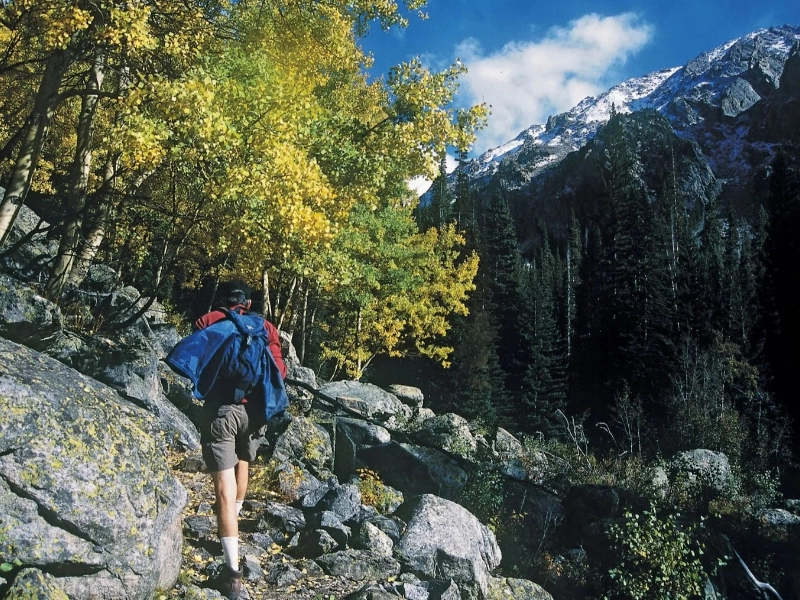
Navigational abilities are not particularly important when hiking on well-marked paths under favourable conditions. However, being able to use maps and compasses is crucial for your comfort and safety if you're trying to travel in a more isolated backcountry setting.
The greatest method to become more adept at navigating is to get more practice. During training hikes, explore a range of trail lengths, weather, and terrain types. Keep an eye on your speed, and don't forget to periodically spin around to survey the landscape and trail behind you. To find out if you are on course or not, look for natural landmarks such as lakes, rivers, summits, and rock formations.
While most of the time navigation is really a question of common sense, even experienced hikers occasionally make a mistake. The most crucial thing is to admit when you have erred. Mastering more complex navigational techniques, like shooting a bearing, will get easier the more you practice.
Advertisement
Recommended Reading: What brings you joy when you camp?
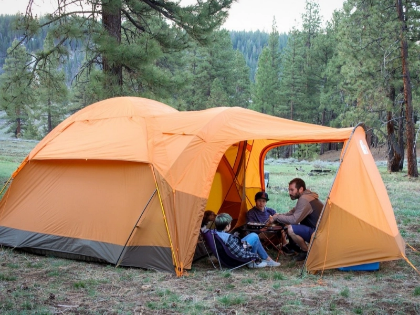

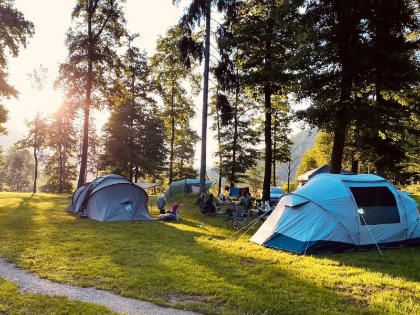
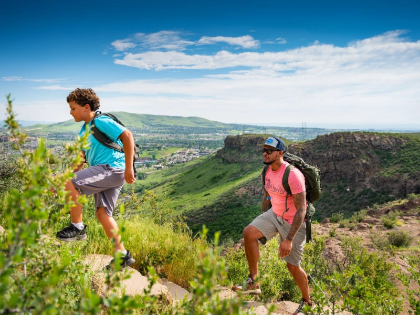

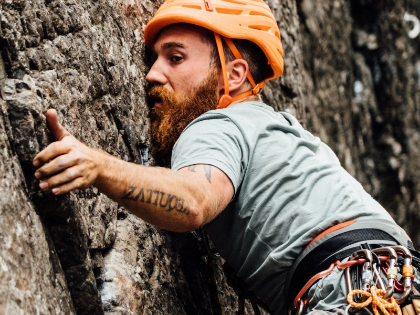
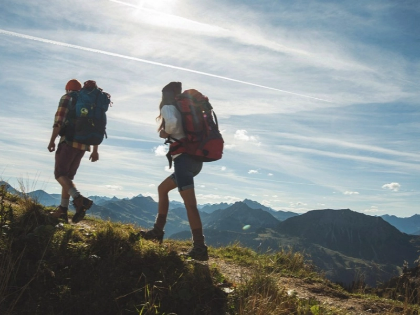
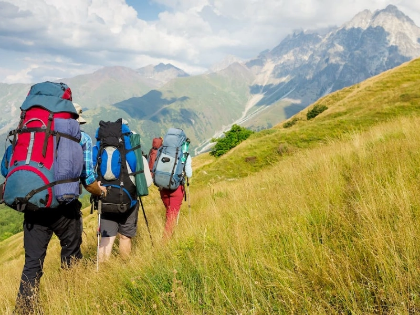
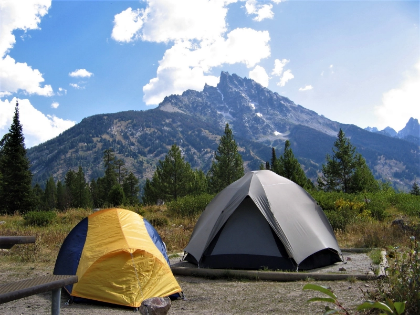
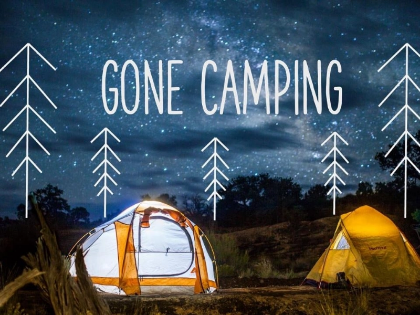
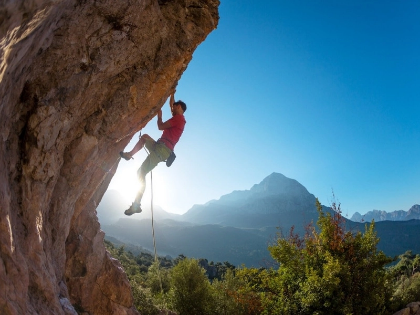


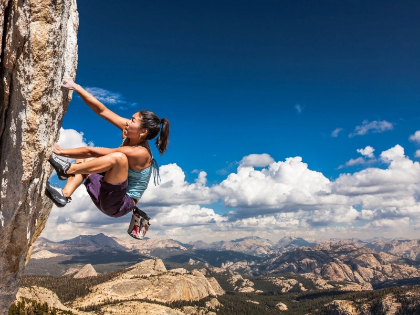
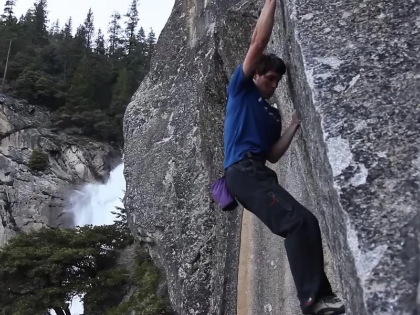

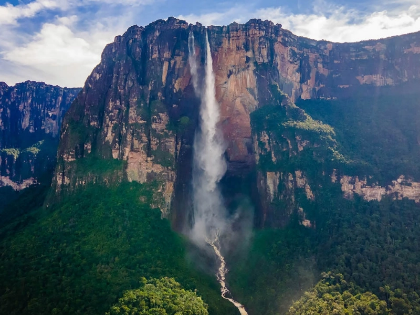
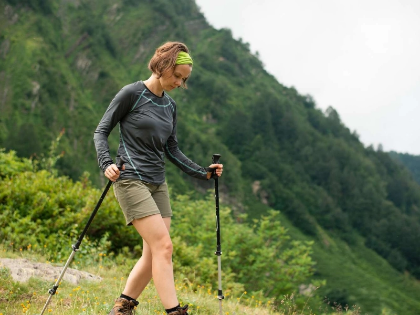
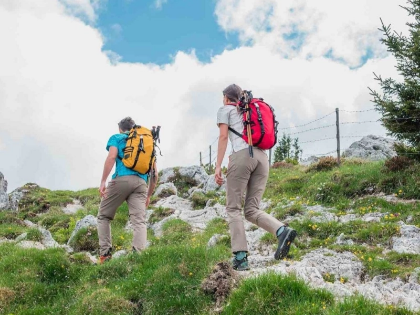
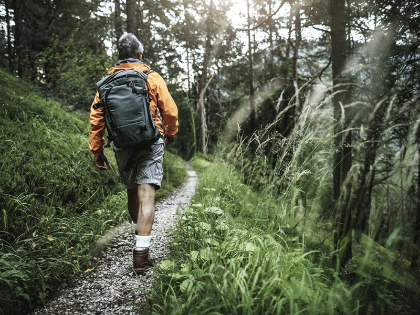
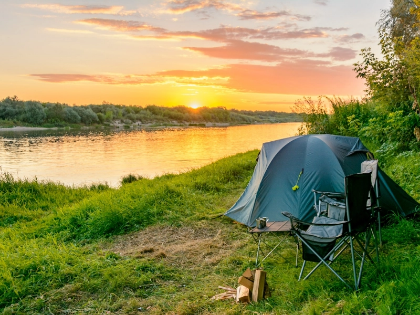
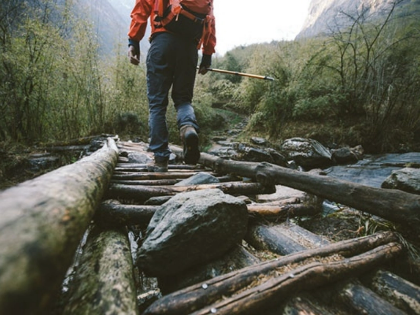
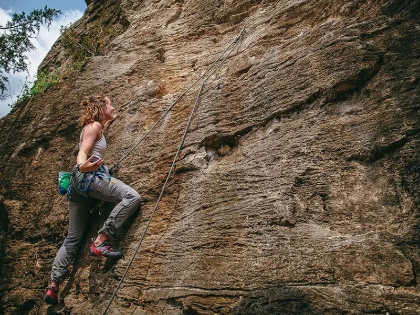
Filing this mentally under essentials.